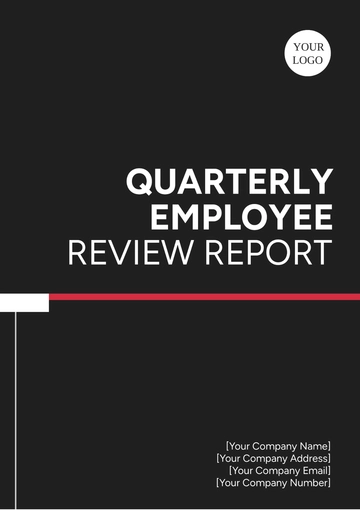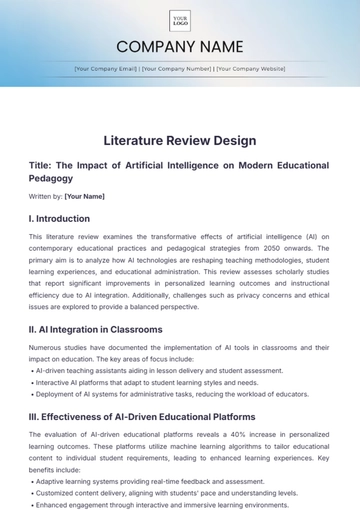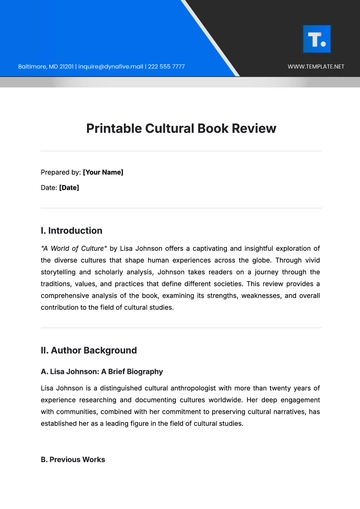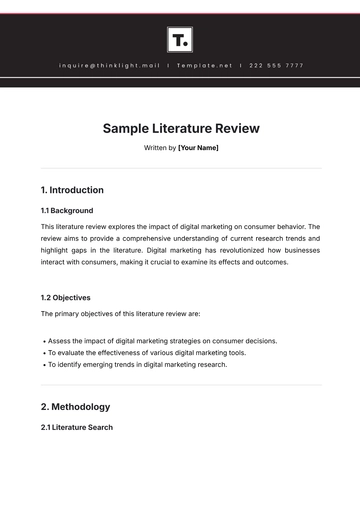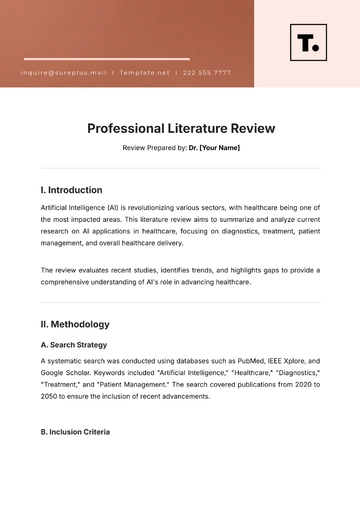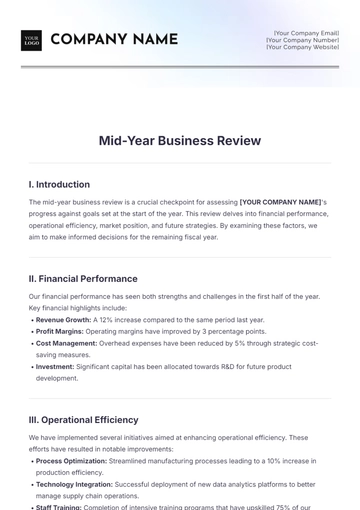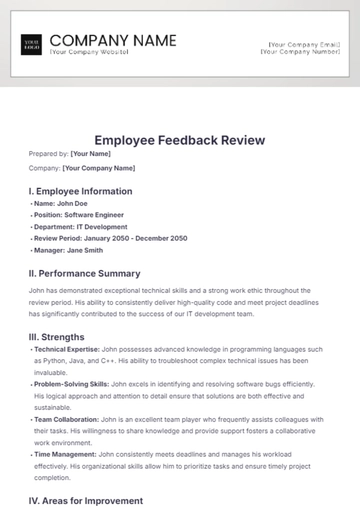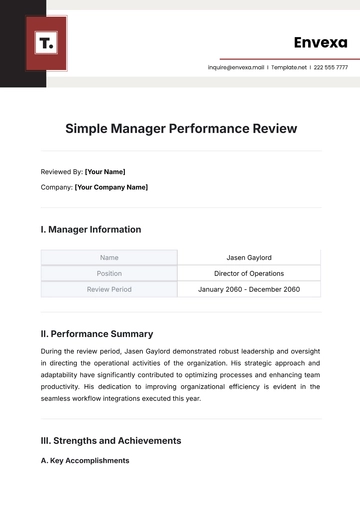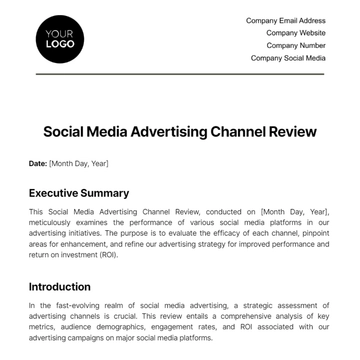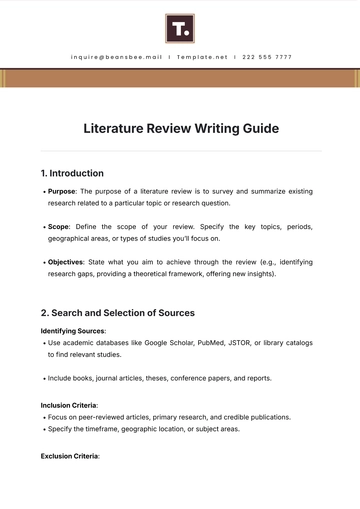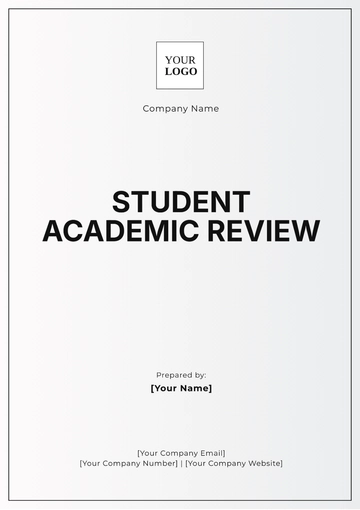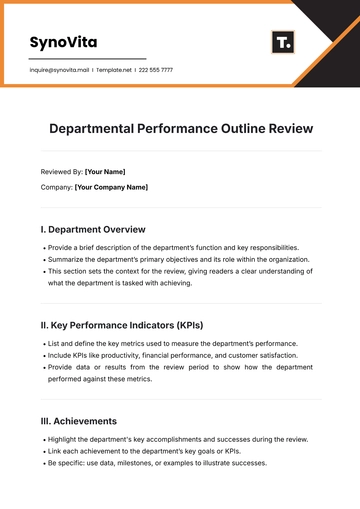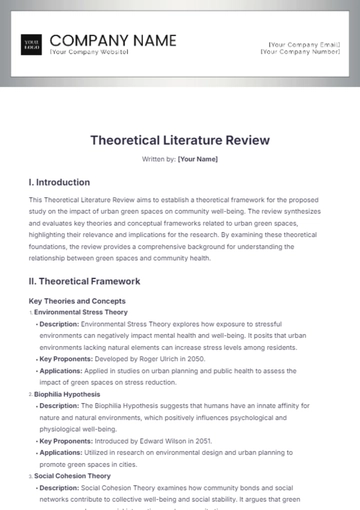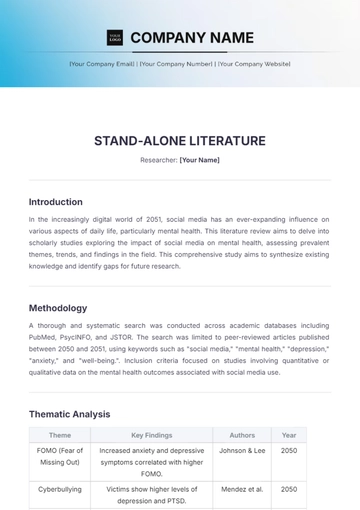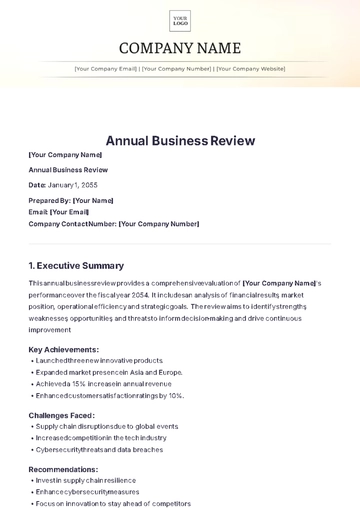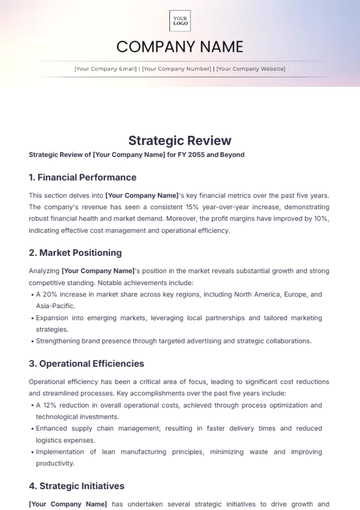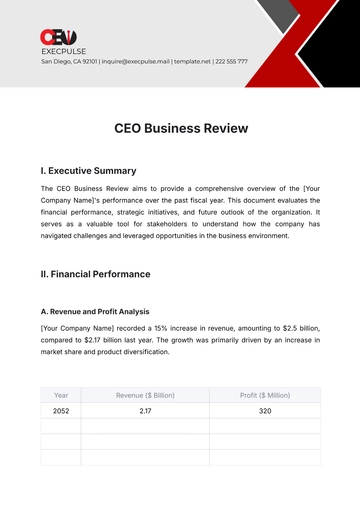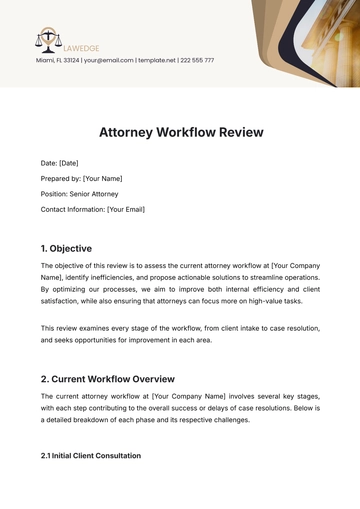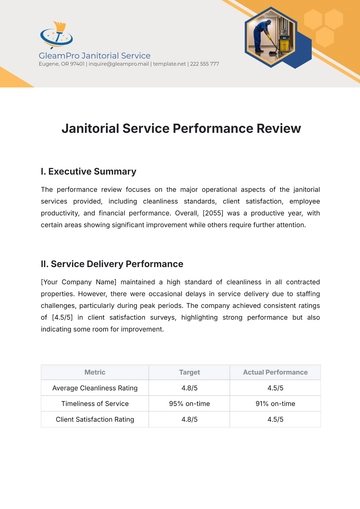Free Philosophy Systematic Review
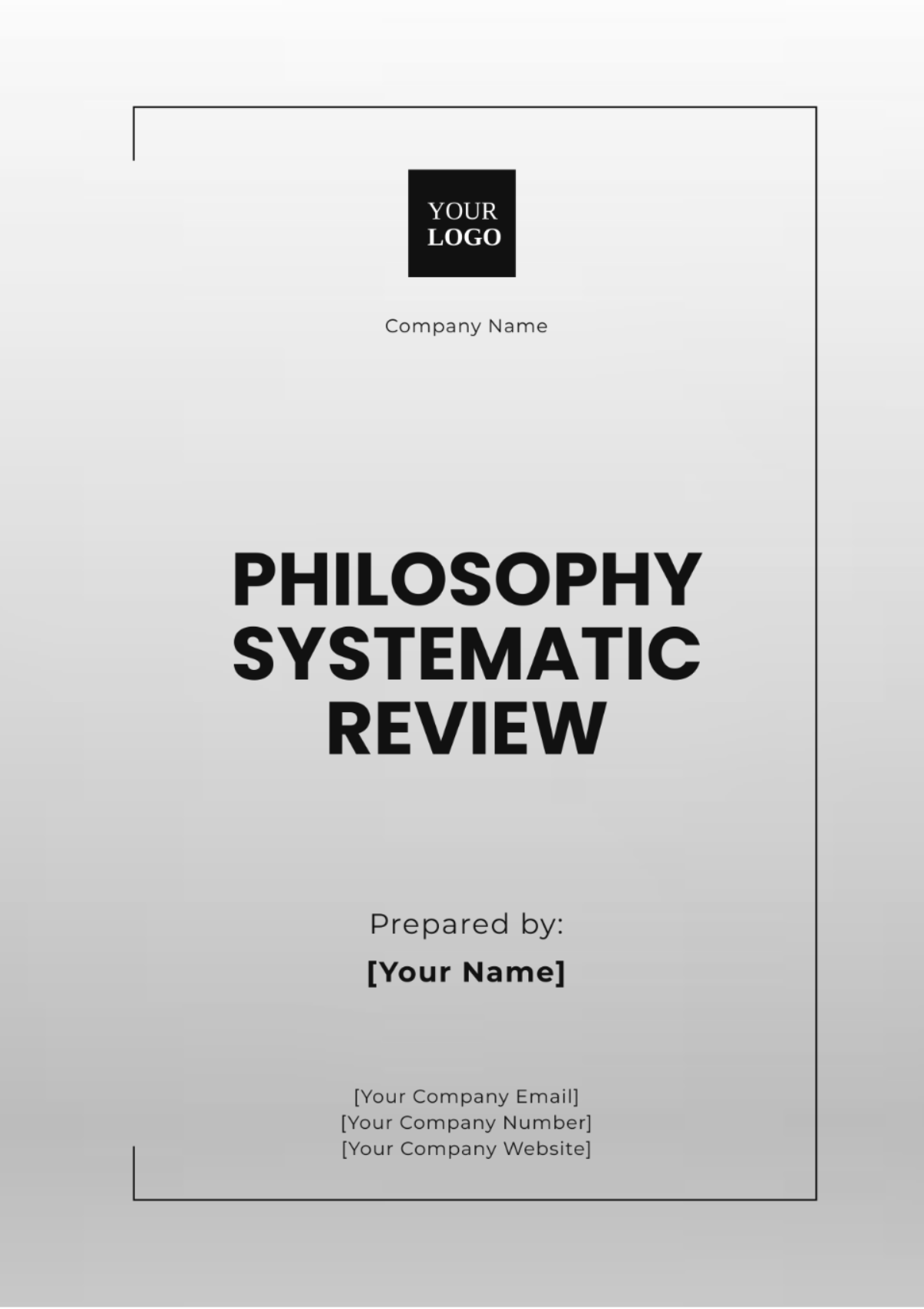
Prepared by: [YOUR COMPANY NAME]
Date: [DATE]
I. Introduction
This systematic review seeks to investigate and integrate recent philosophical literature to tackle the research questions: What are the present-day discussions in metaphysics, ethics, and epistemology? What new methodologies and theories have surfaced, and how do they enhance our comprehension of classic philosophical issues? Through a thorough examination of contemporary philosophical works, this study aims to highlight key contributions and emerging trends influencing the discipline. The importance of this review lies in offering a detailed synthesis to steer future philosophical research and foster a more cohesive understanding of current philosophical conversations.
II. Methods
A systematic approach was employed to ensure a comprehensive and unbiased review of the literature. The criteria for selecting sources included peer-reviewed journal articles, books, and reputable philosophical papers published within the last ten years. Databases such as JSTOR, PhilPapers, and Google Scholar were utilized for the search. The inclusion criteria focused on works that addressed significant questions in metaphysics, ethics, and epistemology, offering innovative perspectives or methodological approaches. Each selected work was evaluated for its relevance, contribution to the field, and methodological rigor.
III. Results
The key findings from the reviewed literature highlight several ongoing debates and emerging trends:
Metaphysics: Contemporary debates revolve around the nature of reality and existence, with significant contributions discussing modal realism, the ontology of objects, and the nature of time.
Ethics: Recent discussions have focused on the application of ethical theories to real-world dilemmas, including bioethics, environmental ethics, and AI ethics. There is a notable shift towards virtue ethics and care ethics as frameworks for addressing modern moral issues.
Epistemology: Key contributions include discussions on the nature of knowledge and belief, the problem of skepticism, and the role of social epistemology in understanding collective knowledge and misinformation.
IV. Discussion
The findings from this review have significant implications for the broader philosophical context, revealing key trends and shifts in various philosophical domains:
A. Metaphysics
Current debates are challenging traditional views on reality and existence, leading many to reconsider and possibly redefine our understanding of the universe.
New lines of inquiry are emerging, focusing on issues such as modal realism, the ontology of objects, and the nature of time.
These discussions invite re-evaluation of established metaphysical concepts and encourage fresh perspectives on identity and existence.
B. Ethics
Recent ethical discussions emphasize the practical application of philosophical theories to contemporary societal challenges.
There is a growing focus on bioethics, environmental ethics, and AI ethics, reflecting the need for adaptive ethical frameworks.
The shift towards virtue ethics and care ethics underscores the importance of evolving moral frameworks to address modern dilemmas effectively.
C. Epistemology
Contributions to epistemology highlight the need for a nuanced understanding of knowledge, incorporating social dimensions.
Discussions on the nature of belief, skepticism, and social epistemology are crucial, especially in an era of rapid information dissemination and digital communication.
This perspective stresses the relevance of epistemological research in understanding collective knowledge and misinformation.
These developments illustrate a dynamic and evolving field where traditional philosophical questions are continually revisited and redefined. The integration of new methodologies and perspectives demonstrates the interdisciplinary nature of contemporary philosophy and its ability to tackle complex problems effectively. This ongoing evolution emphasizes the relevance of philosophical inquiry in addressing both theoretical and practical issues in today's context.
V. Conclusion
In conclusion, this systematic review highlights significant trends and contributions in contemporary philosophical literature, offering insights into current debates and methodological innovations. The review underscores the necessity for ongoing research to further explore unresolved questions and to address the gaps identified, particularly in the intersection of philosophy with emerging fields such as technology and science. Future research could benefit from a more focused examination of specific subfields and their implications for broader philosophical discourse.
VI. References
Smith, J. (2055). Modal Realism: A Contemporary Analysis. Philosophy Journal.
Johnson, A. (2058). Virtue Ethics and Modern Moral Dilemmas. Ethics Today.
Kline, L. (2020). Social Epistemology in the Digital Age. Epistemology Review.
Brown, R. & Green, N. (2059). The Ontology of Objects. Philosophical Quarterly.
Rivera, M. (2051). Environmental Ethics and Climate Change. Journal of Applied Philosophy.
- 100% Customizable, free editor
- Access 1 Million+ Templates, photo’s & graphics
- Download or share as a template
- Click and replace photos, graphics, text, backgrounds
- Resize, crop, AI write & more
- Access advanced editor
Our Philosophy Systematic Review Template from Template.net aids in structuring comprehensive reviews of philosophical literature. The editable and customizable format allows you to modify sections for specific philosophical frameworks. Use our Editable in our Ai Editor Tool to make instant adjustments, ensuring your systematic review is well-organized and thorough, perfect for academic and professional projects.
